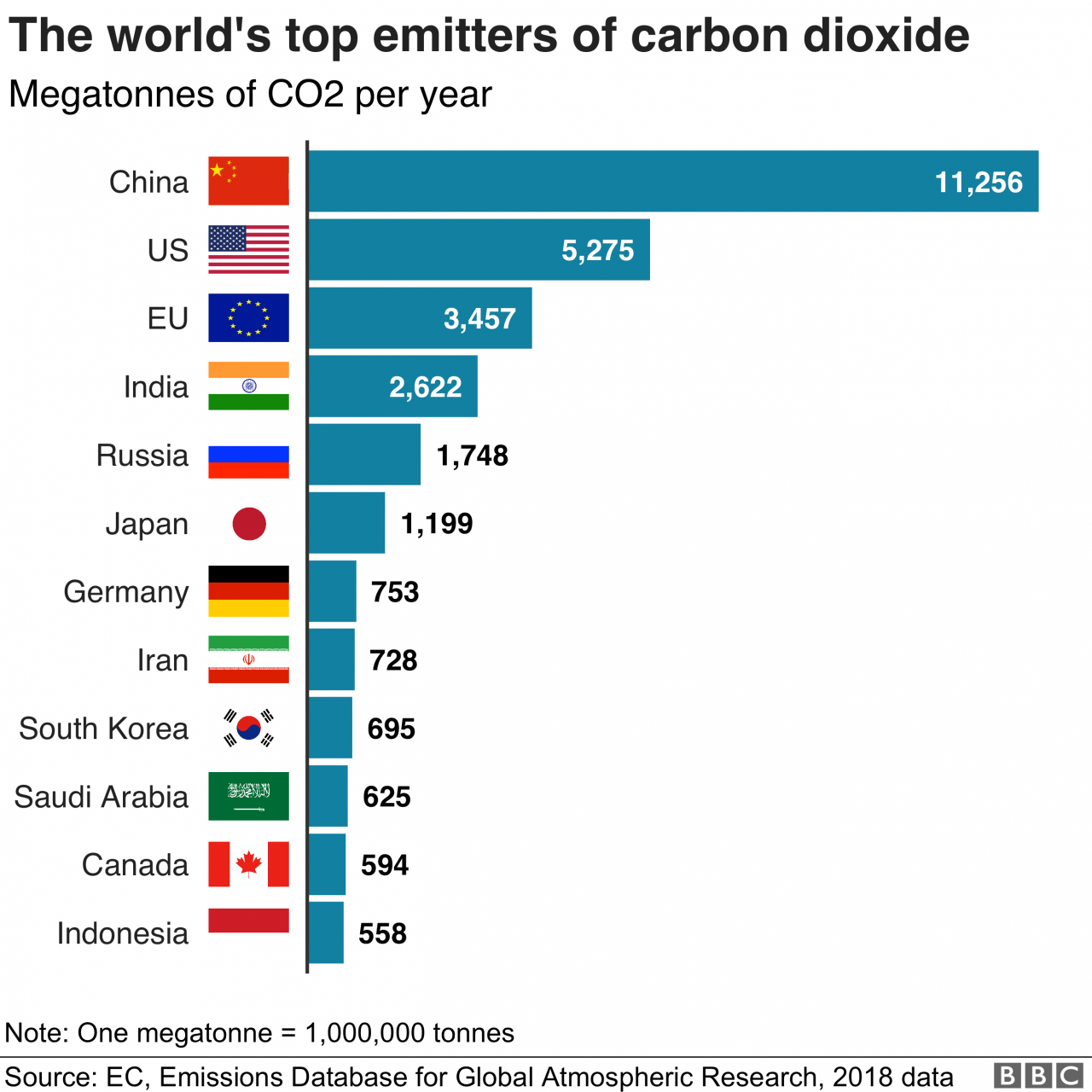
Climate change progress 2024: As the world grapples with the escalating climate crisis, understanding the progress made and challenges remaining is crucial. This comprehensive report delves into the latest scientific consensus, national policies, and global efforts to mitigate and adapt to climate change.
From analyzing the effectiveness of national climate change policies to exploring the impacts of climate change on vulnerable communities, this report provides a thorough examination of the current state of climate action.
Climate Change Progress 2024
The latest scientific consensus confirms the urgency of addressing climate change. Global temperatures continue to rise, with 2023 being the warmest year on record. Extreme weather events, such as heat waves, droughts, and floods, are becoming more frequent and intense.
The impacts of climate change are already being felt around the world, from rising sea levels to changing ecosystems.
Despite these challenges, progress has been made in reducing greenhouse gas emissions and transitioning to renewable energy sources. In 2023, global emissions fell by 1.5%, marking the fourth consecutive year of decline. Renewable energy sources now account for over 30% of global electricity generation, up from 20% in 2020.
However, significant challenges remain. Emissions are still too high to limit global warming to 1.5 degrees Celsius, as agreed under the Paris Agreement. Coal-fired power plants continue to operate in many countries, and transportation remains a major source of emissions.
National and Regional Climate Change Policies
Countries around the world have adopted a variety of climate change policies, ranging from carbon pricing to renewable energy targets. The effectiveness of these policies varies widely. Some countries, such as the United Kingdom and Costa Rica, have made significant progress in reducing emissions.
Others, such as the United States and China, have made less progress.
International cooperation is essential to address climate change. The Paris Agreement provides a framework for global action, but it needs to be strengthened. Developed countries need to provide financial and technical support to developing countries to help them transition to low-carbon economies.
Climate Change Impacts and Adaptation
The impacts of climate change are already being felt around the world. Rising sea levels are threatening coastal communities, while extreme weather events are causing widespread damage and loss of life. Climate change is also affecting ecosystems, from coral reefs to forests.
Adaptation measures are essential to reduce the risks posed by climate change. These measures include building sea walls to protect coastal communities, improving early warning systems for extreme weather events, and developing drought-resistant crops.
Climate Change Mitigation Strategies
Climate change mitigation strategies aim to reduce greenhouse gas emissions and limit global warming. These strategies include:
- Reducing emissions from energy production and consumption
- Improving energy efficiency
- Transitioning to renewable energy sources
- Carbon capture and storage
- Afforestation and reforestation
The costs and benefits of different mitigation options vary. However, all mitigation strategies are essential to limit global warming to 1.5 degrees Celsius.
Climate Change Communication and Public Engagement, Climate change progress 2024
Communicating about climate change is essential to raise awareness and build support for action. However, communicating complex scientific information to diverse audiences can be challenging.
The media, education, and public outreach play a vital role in shaping climate change perceptions and behaviors. By providing accurate information and engaging the public in dialogue, these institutions can help to build a consensus on the need for climate action.
Last Point

Climate change progress 2024 highlights the urgency of collective action. By embracing innovation, fostering collaboration, and prioritizing equity, we can pave the way towards a sustainable future for generations to come.
General Inquiries: Climate Change Progress 2024
What are the key challenges in addressing climate change?
Reducing greenhouse gas emissions, transitioning to renewable energy, and adapting to the impacts of climate change remain significant challenges.
How can we accelerate climate change mitigation efforts?
Technological innovation, carbon capture and storage, and afforestation are promising strategies for reducing greenhouse gas emissions.
What is the role of equity in climate action?
Climate change disproportionately affects vulnerable populations. Equitable solutions are essential to ensure a just transition to a low-carbon future.